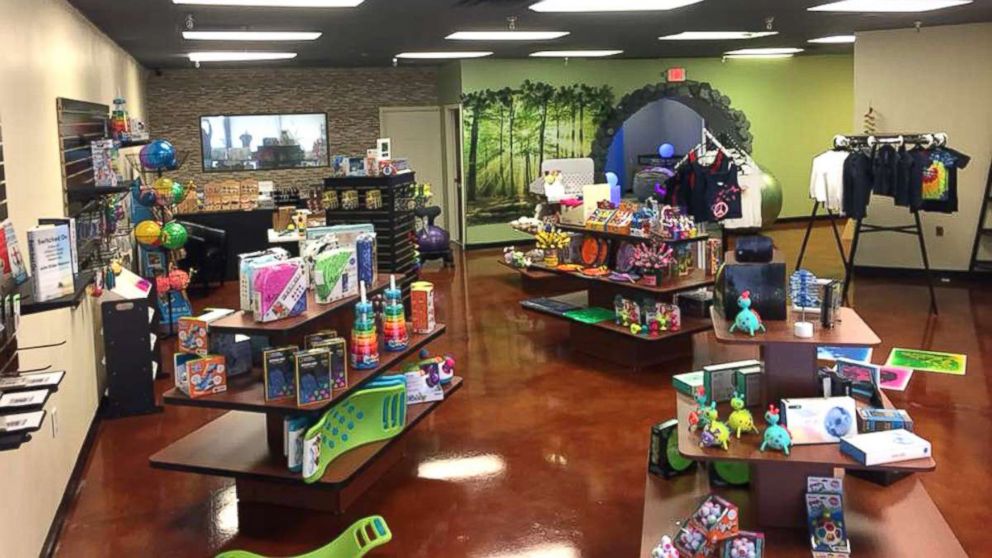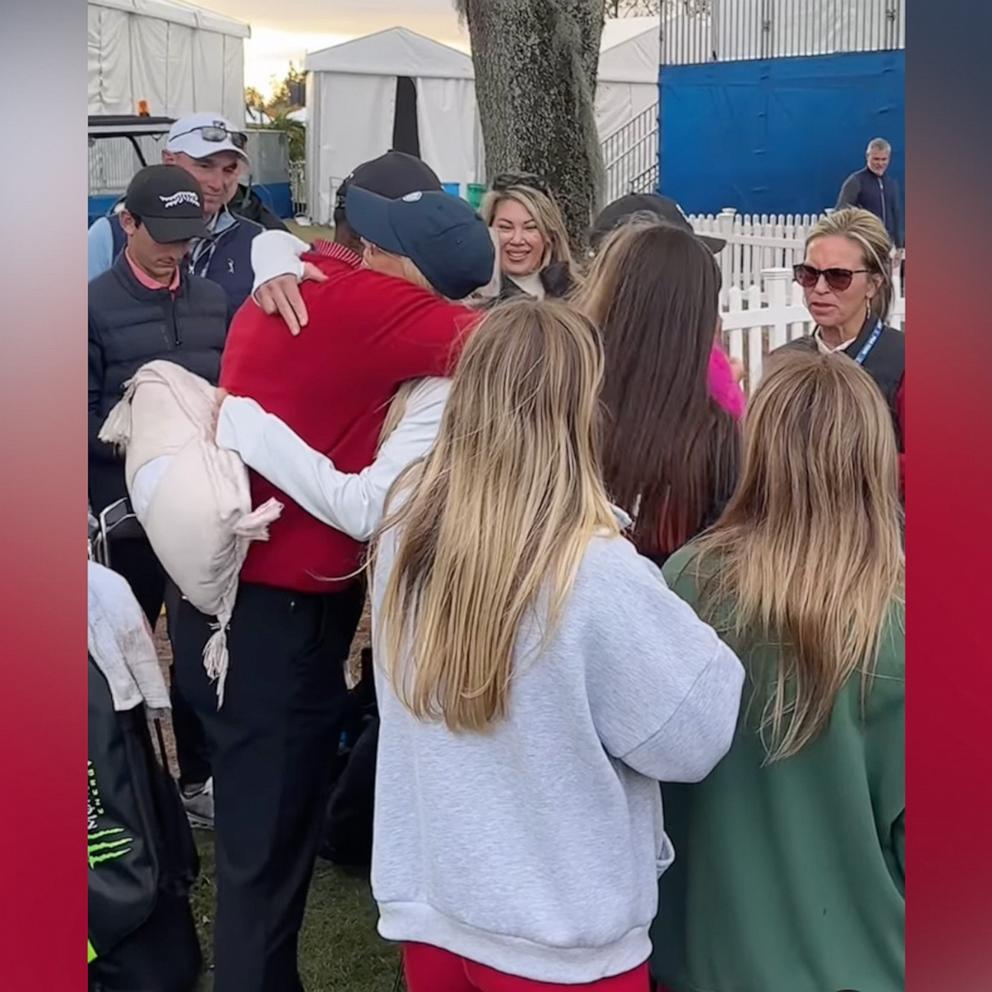Mom launching toy store for kids with autism, special needs
An Ohio mother of four has found a unique way for parents of kids with sensory needs to choose toys that are right for them.
Holly Young of Cincinnati is preparing for the March 24 grand opening of Puzzle Pieces, a special needs retail store located in Montgomery that caters to children with autism.
Young, 45, whose 8-year-old son Roman was diagnosed with autism at 18 months old, told ABC News that she left the police force after 16 years to execute her idea.
"I kept saying, why is there no where to go to find therapy items, toys [or] gifts? And it frustrated me as a parent," she said. "I decided after so many years it was time to go into retirement and open up one of those stores."
She added, "Picking out a toy for a child is hard. Picking out a toy for an atypical child with sensory needs is very hard, so hopefully this will help bridge that gap for parents."
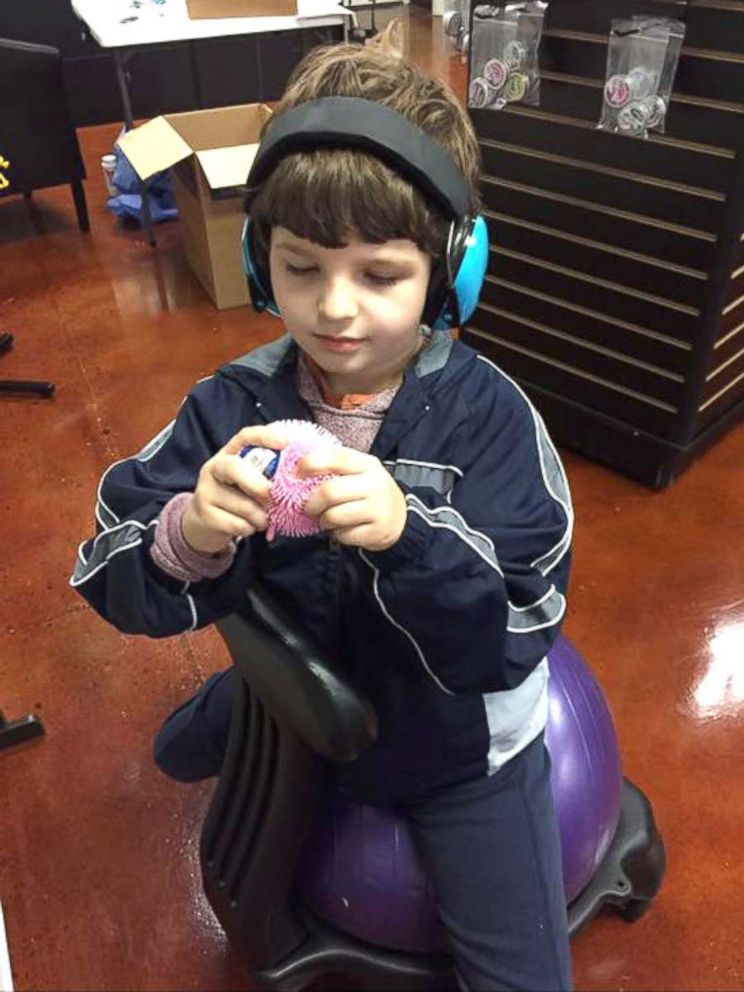
Puzzle Pieces boasts a 1,300-square-foot showroom with a 20-by-20 sensory room featuring bubble walls, bubble tubes, fiber optics, swings and LED glowing balls.
All items are available for kids to manipulate prior to purchase with prices ranging from $1.50 to hundreds of dollars, Young said.
"Most of the toys and games and therapy items are out rather than in a box so they can touch and feel," she explained.
In 2012, Young filed a federal lawsuit after the state of Ohio denied to provide ABA (Applied Behavioral Analysis) as a covered form of therapy for her son.
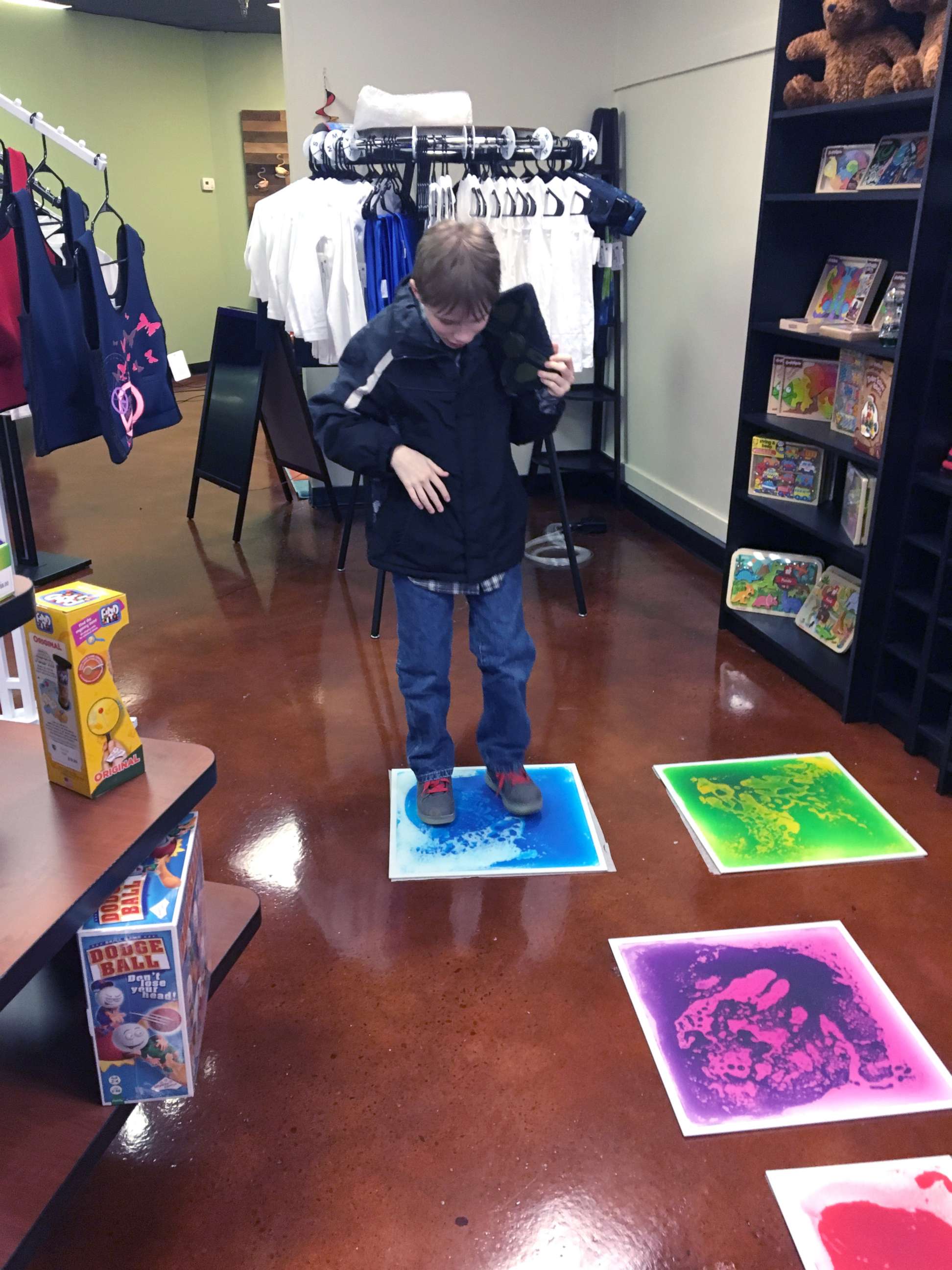
Not only did Young win the lawsuit in January 2013, but that same year, the U.S. Department of Education issued its own order that Ohio must modify its policy under a new case law created in 2013. Now, the state must provide ABA services to children under the age of 3 through the Ohio Department of Health's federally supported "Help Me Grow" program, Young's attorney Richard Ganulin confirmed to ABC News today.
The Ohio Department of Health confirmed to ABC News that it was part of the lawsuit and that ABA is provided to children who are in need of the services.
"Roman's parents deserve lots of credit for blazing a trail that then helped not just their own son, but all infants and toddlers in the state of Ohio with autism," Ganulin said.
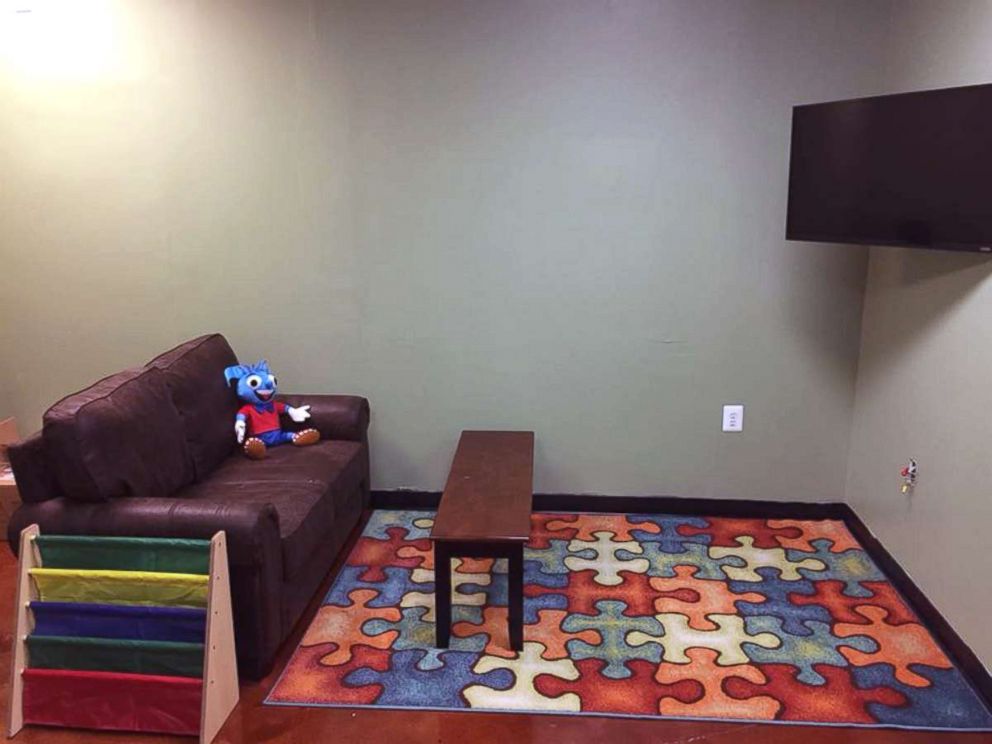
David Kahle, 58, also of Cincinnati, told ABC News that he met Young through Facebook while she was fighting the state to fund the therapy.
Kahle said that he and his son Parker, 13, who has autism, have visited Young's store prior to its grand opening this weekend.
"I was really impressed with the types of things she picked out in her store," he said. "She's got the squish balls, the fidget spinners...Parker picked out a "Sesame Street" search-and-find. All these types of toys are challenging, but it also helps with sensory."
Dr. Andrea Huebner, co-director of the Dana Neurodevelopmental Disorders Program at the Mayo Clinic Children's Center, said that individuals with autism spectrum disorder often experience the sensory world differently than others.
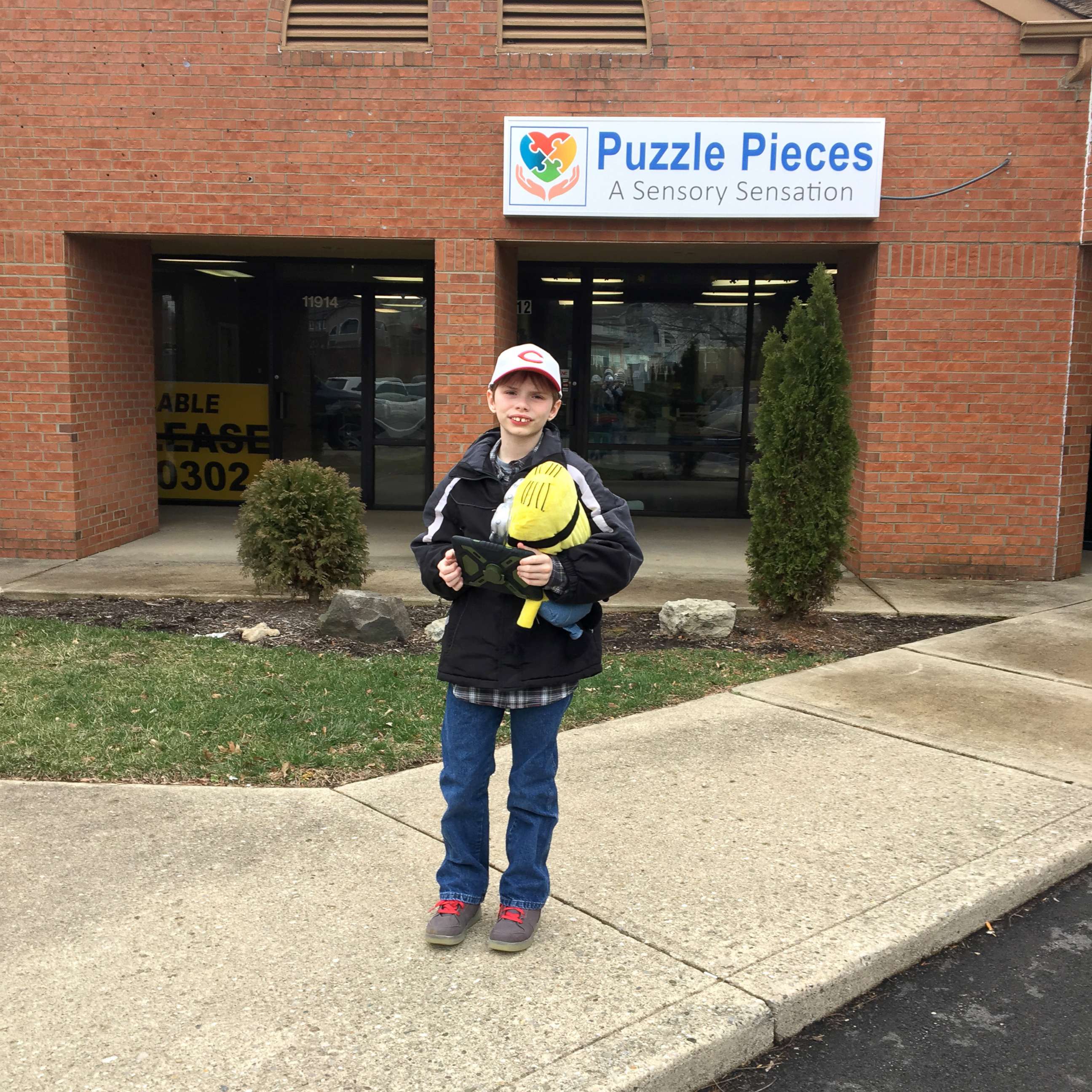
"From a tactile standpoint, there are certain materials like denim, socks, sock seams--these kind of things people might wear them and while [others] get use their restrictions, people on the spectrum can feel bombarded by this stimuli," Huebner explained.
She went on, "The sensory tools can be helpful for a number of reasons--one thing, it can be a distraction...it also helps to focus attention on something else. It kind of jazzes up their central nervous system these tools can help them calm and bring them back to baseline so they're soothing."
Young noted that her store is open to all children and adults, not just individuals with special needs.
"The awesome thing is they don't just fit kids with sensory needs...kids with normal needs, per say, enjoy them as well," Young said.
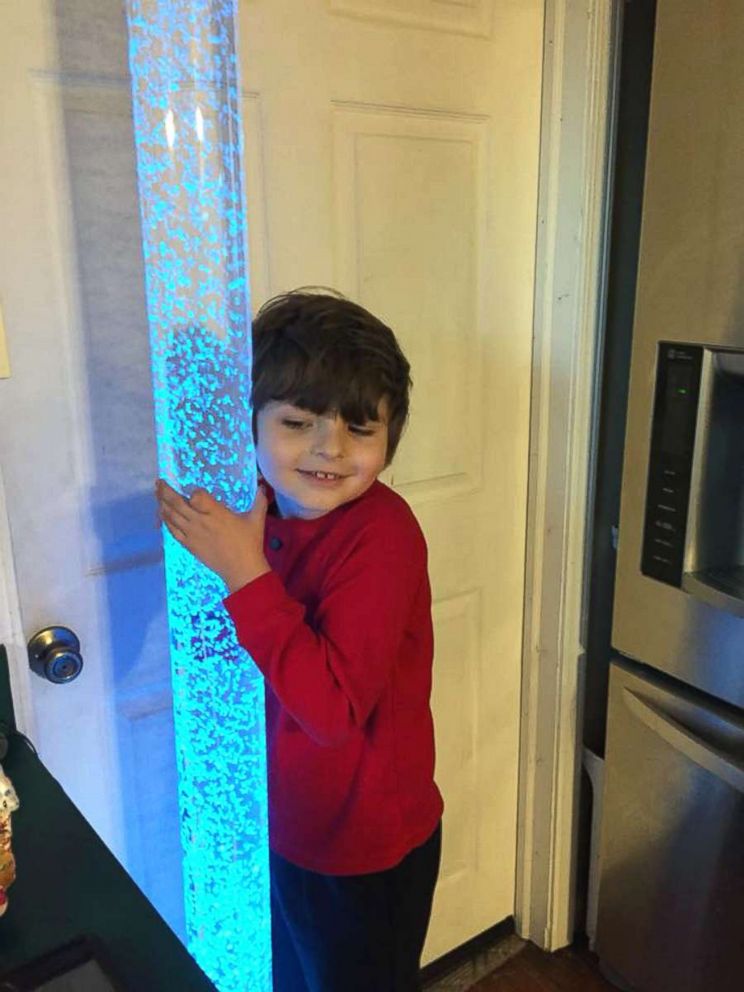
Dr. Huebner agreed.
"Just from a practical standpoint, all people like these kinds of toys," she said. "It can be fun to watch bubbles floating in the air, lights flashing. My opinion is this is not just for kids with autism. This can be calming and soothing or at least fun for all children."
Huebner concluded that providing customers with the opportunity to try the toys out can be helpful, given the appropriate environment.
"Something that one autistic child might find to be really soothing another autistic child might find to be irritating," she said. "These [toys] by design are distracting so if you give them this tool in the classroom, it could be problematic. For some it might help. Some schools don't allow them at all, but outside use or home use can be helpful."
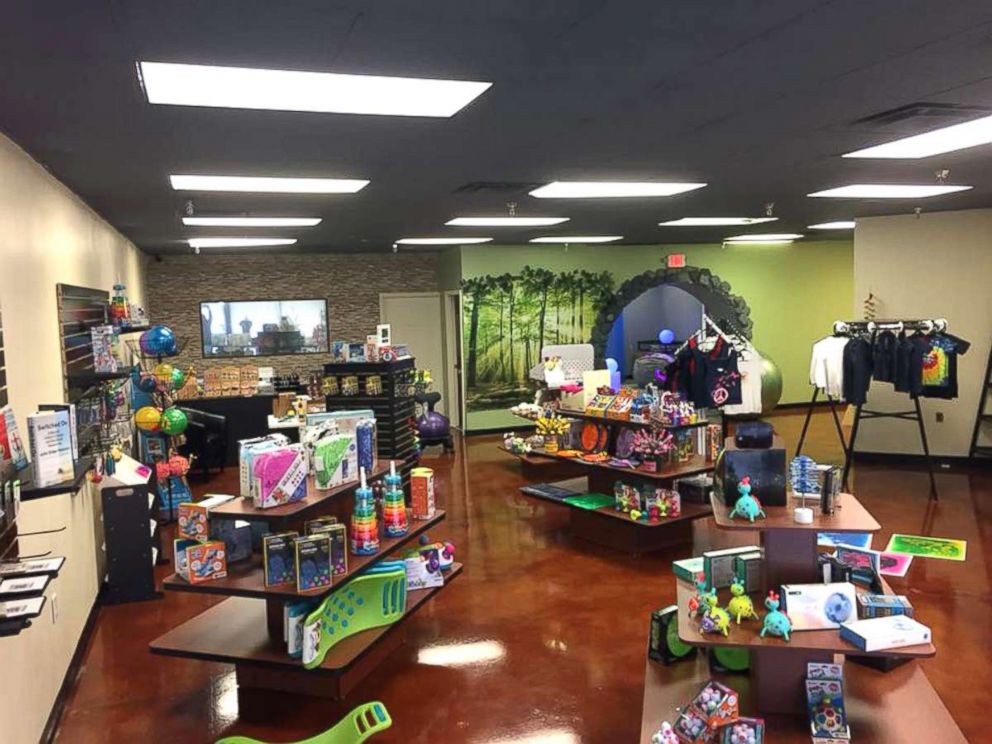
Young said she's in business with 24 manufacturers. With the help of her son Roman, she chooses items to sell at Puzzle Pieces.
"He's the boss," Young said. "He comes in and looks at the things he likes and I watch him. He's absolutely my inspiration. Just watching him grow and the struggles he's overcome, I want to do that for families and other children."
The grand opening for Puzzle Pieces takes place Saturday. Young said she has therapists and local ABA providers booked through July to guest speak and provide information to parents on ABA services.
